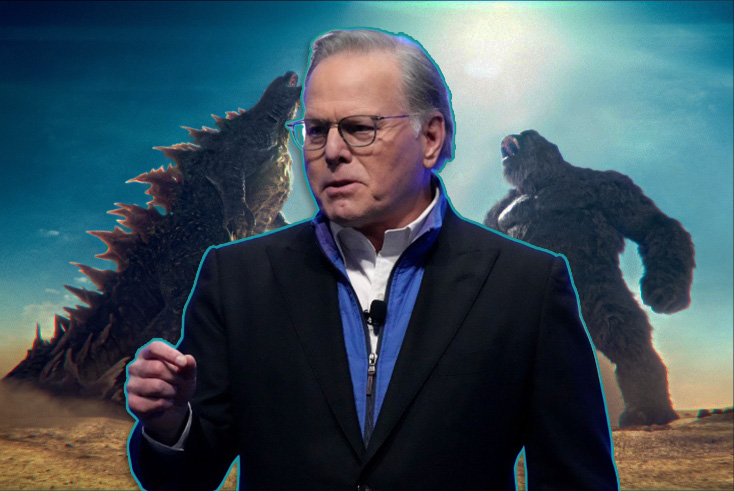Why Warner Bros Discovery is considering splitting its business


Warner Bros Discovery (WBD) is reportedly discussing strategic plans to split its television network, film studio and streaming services into separate businesses.
According to a report in the Financial Times, CEO David Zaslav is considering “several options”, from selling assets to merging its Warner Bros movie studio and Max streaming service into a new company.
If a split were to happen, it would most likely see much of the group’s debt sitting with its legacy TV assets, thus freeing up the studio and streaming businesses to make further investments.
However, this risks alienating shareholders and creditors, and could cause potential issues in the future about sharing sports rights and other content that WBD currently distributes on all of its platforms.
WBD is also still reported to be in “informal talks” with other companies about potential merger and acquisition options, in addition to mulling a strategic split.
The move from WBD would aim to address its high debt burden and steadily declining market value — something that has been a particular challenge for WBD amid the streaming wars, media fragmentation, high inflation and interest rates, as well as Warner Media’s merger with Discovery in 2022.
WBD’s current market capitalisation has fallen by about a third to $20.39bn over the last year and it has been on a mission to reduce debt, which mostly originated from Warner Media during the merger.
In its first earnings post-merger, the company reported it had gross debt of $53bn, with a net leverage of 5.0x. This is calculated by dividing net debt by the sum of the most recent four quarters of adjusted Ebitda (its preferred measure of profit).
In comparison, in its most recent earnings, WBD reported it had repaid $1.1bn of debt and ended the quarter with $43.2bn gross debt and a net leverage of 4.1x. Its aim is to get this figure down to between 2.5x and 3.0x — a range that is more comparable to other media companies.
This level of debt becomes particularly problematic when there are higher interest rates.
Meanwhile, WBD’s total revenue for Q1 decreased by 7% to $9.96bn, missing expectations, but Zaslav maintained that there was “meaningful growth” in Max and “a nice acceleration” in ad sales, which generated $90m in positive Ebitda in the quarter.
Max is rolling out to 29 countries across Europe this year, launching in many markets with the new series of House of the Dragon and coverage of the Paris 2024 Olympic and Paralympic Games.
Earlier this year, WBD and Paramount Global were in talks about a potential merger, but Paramount has since agreed a deal with Skydance Media to become New Paramount.
Before the official announcement of that merger, there continued to be talks that Max could combine with Paramount’s streaming platform Paramount+.
